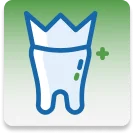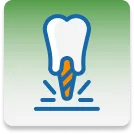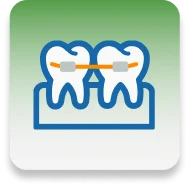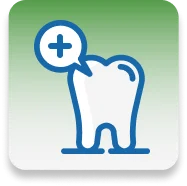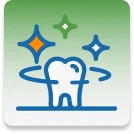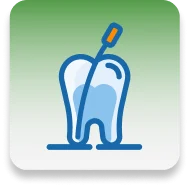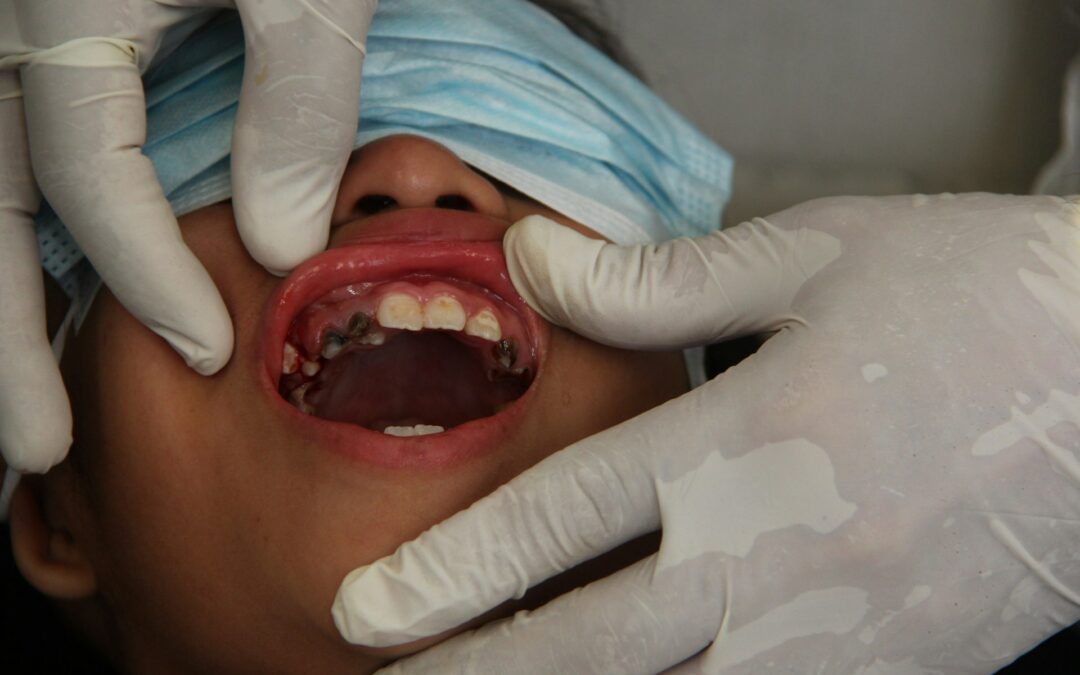Gum disease is a common issue many people face, often without realizing it until it’s advanced. The early stages can be subtle, with signs that are easily overlooked. However, identifying these symptoms early can make all the difference in managing gum health and preventing more serious problems.
Bleeding gums, sensitivity, and bad breath are more than minor annoyances. They can be early signs of gum disease, which, if left untreated, may affect your oral health and overall well-being. You can help maintain healthy gums and teeth by recognizing and addressing these symptoms promptly.
Understanding how gum disease progresses and taking steps to prevent it are key. Simple daily habits and awareness of gum health can play a significant role in keeping your smile healthy. Regular dental visits will also provide the support needed to detect and manage any issues early, ensuring that your gums remain strong and healthy for years to come.
Understanding Gum Disease
Gum disease is a common dental concern that affects the tissues surrounding teeth. The earliest stage is gingivitis, which is characterized by inflammation of the gums. Gingivitis can cause redness, swelling, and irritation, particularly during brushing or flossing. Notably, gingivitis is reversible with proper oral care.
If gingivitis is left untreated, it can advance to periodontitis. This stage is more severe and involves the formation of pockets between the gums and teeth, which can collect plaque and bacteria. Over time, periodontitis can destroy the supporting bone structure, which is critical for keeping teeth anchored. In advanced cases, teeth may become loose and fall out.
The impact of untreated gum disease extends beyond oral health. Studies suggest a link between gum disease and overall health conditions like heart disease, diabetes, and respiratory illnesses. The bacteria from infected gums can travel through the bloodstream, potentially affecting other body parts. This makes recognizing and treating gum disease early essential for maintaining a healthy mouth and a healthy body.
Early Warning Signs of Gum Disease
Spotting the early signs of gum disease can help you take action before the problem worsens. Here are some common symptoms to look out for:
– Sensitive Gums: Gums may feel tender or painful to the touch, especially when eating or cleaning your teeth.
– Bleeding During Brushing or Flossing: While a small amount of blood occasionally might seem harmless, frequent bleeding could indicate gum disease.
– Persistent Bad Breath: Also known as halitosis, this can occur due to the buildup of bacteria in the mouth.
– Receding Gums: Gums that are pulling away from the teeth, making them look longer than usual.
Recognizing these early warning signs is crucial. The sooner you identify these symptoms and consult a dental professional, the easier it can be to manage the condition and prevent further complications. Early detection often involves simple changes in dental hygiene routines or dietary adjustments rather than more intensive treatments for advanced cases. Taking proactive steps to maintain your gum health helps ensure a brighter and healthier smile for years.
Daily Habits for Prevention
Gum health is crucial for maintaining a healthy smile and preventing gum disease. Incorporating effective daily habits can significantly reduce the risk of developing gingivitis and periodontitis. Start with brushing your teeth at least twice a day using fluoride toothpaste. Focus on using a gentle circular motion and pay attention to the gum line, where plaque tends to accumulate. Brushing your tongue can also help remove bacteria and freshen your breath.
Flossing once a day is another essential practice for gum health. It removes food particles and plaque your toothbrush might miss, especially between the teeth and the gum line. Proper technique involves gently sliding the floss between teeth and curving it along each tooth’s surface.
An antibacterial mouthwash can improve gum health by reducing bacteria and preventing plaque buildup. Choose a mouthwash that suits your needs for freshening breath or addressing specific gum concerns. Additionally, a balanced diet rich in vitamins and minerals like calcium, vitamin C, and vitamin D supports strong teeth and gums. Limit sugary snacks and drinks, as sugar can contribute to plaque production. Regular hydration helps maintain a healthy level of saliva, which naturally cleanses the mouth and protects against bacteria.
Role of Regular Dental Check-Ups
Regular dental check-ups serve as the foundation for maintaining optimal gum health. These visits provide a professional evaluation of your oral condition, allowing for early detection and management of gum problems. Dentists can spot signs of gum disease that might not be visible to the untrained eye, such as inflammation or areas of gum recession. During a check-up focused on gum health, your dentist will examine the gums, measure pockets around the teeth, and take X-rays if necessary.
Professional cleanings play a crucial role in oral hygiene by removing tartar, which cannot be eliminated by regular brushing alone. These cleanings help prevent further plaque build-up and gum irritation. Dentists can also polish your teeth, leaving them smoother and less likely to attract bacteria.
Regular dental visits build an ongoing relationship between you and your dental care provider. This relationship ensures continuity of care and personalized advice tailored to your oral health needs. Scheduled appointments help keep your dental care on track and remind you of the importance of consistent oral hygiene routines at home. Establishing this routine of regular check-ups solidifies a proactive approach to oral health, promoting long-term well-being.
Conclusion
Keeping gum disease at bay involves a proactive approach and consistent habits. By understanding the stages of gum disease and recognizing its early signs, you equip yourself with the knowledge to act swiftly. Implementing effective daily habits like proper brushing, flossing, and using mouthwash can dramatically boost your gum health.
Additionally, a balanced diet supports the foundation of strong gums and teeth. Regular dental check-ups act as a safety net, catching any issues before they escalate. This combination of daily care and professional oversight keeps your gums healthy, minimizing the risk of gum disease and ensuring your overall well-being.
If you want to learn more about maintaining excellent gum health and need professional support tailored to your needs, consider scheduling a visit with Jordan M. Job DDS. Our team is committed to helping you and your family maintain bright, healthy smiles for life.

